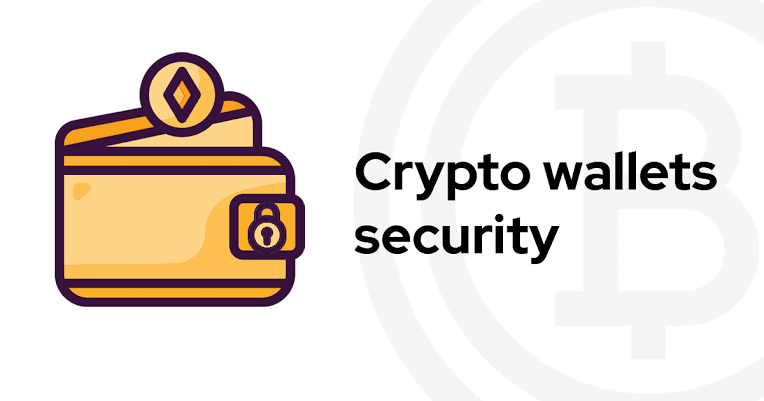In the fast-paced world of cryptocurrency, ensuring the safety of your digital assets is paramount. One crucial tool in your arsenal is the hardware wallet – a physical device designed to keep your crypto holdings safe from online threats. But the burning question remains: How many hardware wallets should you have?
The Solo Approach
At first glance, having just one hardware wallet might seem like a simple and straightforward solution. After all, it’s a dedicated device designed to safeguard your private keys offline, away from potential cyber threats. This singular fortress can be convenient for managing your crypto portfolio, especially if you’re just getting started.
But let’s face it – life is unpredictable. What if your sole hardware wallet decides to take an unscheduled vacation? Hardware malfunctions, accidents, or even misplacement can happen to the best of us. In such scenarios, having a backup becomes more than just a precaution; it’s a lifeline.
The Backup Ballet
Consider a second hardware wallet as your financial safety net. It’s your backup plan, your Plan B. Having a duplicate not only provides redundancy but also offers peace of mind. In the event of any unexpected circumstances with your primary device, your backup ensures that you remain in control of your crypto assets.
Diversifying your hardware wallet portfolio is akin to spreading your investments across different assets. It minimizes risk and ensures that even if one device falters, your financial fortress stands strong. It’s not about overcomplicating; it’s about smart, strategic planning.
Navigating Complexity
Now, you might be wondering – doesn’t managing multiple hardware wallets add an extra layer of complexity? In reality, it’s about finding the right balance. Two hardware wallets strike a harmonious equilibrium between security and manageability. It’s a practical choice that aligns with the age-old adage: don’t put all your eggs in one basket.
In the ever-evolving landscape of cybersecurity, adaptability is key. Having a dual hardware wallet setup allows you to navigate the dynamic terrain of crypto with resilience. It’s not about hoarding devices; it’s about creating a robust defense against potential threats.
Conclusion
So, how many hardware wallets should you have? The answer lies in striking a balance between simplicity and security. While one wallet provides a solid foundation, having a second as a backup adds an extra layer of protection. Consider it an investment in the safety of your digital assets, a strategic move in the grand chessboard of cryptocurrency.
Remember, in the world of crypto, being prepared is not just a choice – it’s a necessity. Choose wisely, secure diligently, and navigate the crypto seas with confidence.

